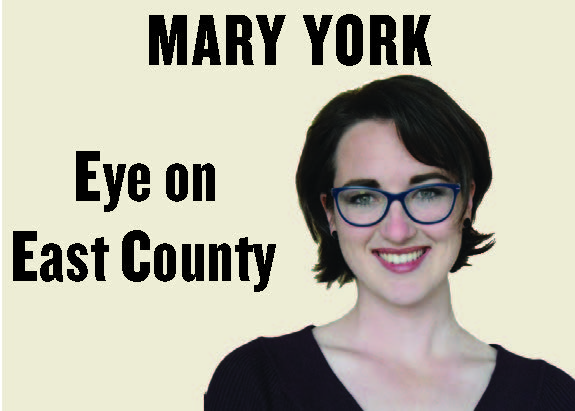I knew weeks ago that I would be here, at 2 a.m., sitting in my office at The Californian, trying to figure out what to say about voting.
I knew I was going to write my column about voting because I knew this was our election issue.
What I did not know, was that writing about voting would be more difficult than penning my opinions about immigration and housing and Father’s Day.
At first, I was sure I was going to write about the measures taken by state and local governments to restrict voting through increased procedures or unnecessary obstacles such as we saw in Georgia with the elderly voters being escorted off the bus and in North Dakota with the street address stipulation.
Research on both these issues led me instead to the history, both recent and far past, of voter fraud and how abuse of election procedures have been used for politcal gain. Both sides of the aisle brim with abuse.
Ultimately, the measures taken to protect against voter fraud and the reactions against those steps are caused because of two underlying values: the rule of law and the right to participate in government.
On the left, we continually see a push for voices to be included. “Bleeding heart” may be a joke, but it is an accurate one. Democrats consistently reach out to underserved, under-represented communities – whether that is for the pure motive of lifting such communities up or for selfish political gain, this journalist refuses to make the blanket generalization in either direction.
On the right, we see a strong front for the rule of law.
Republicans do not hate minority voters, they hate that the voting system is taken advantage of and used improperly, to the point where it may have actually affected the outcomes of elections – again, this journalist is choosing to assume the best in this situation about the motives and character of her countrymen.
The GOP does not hate voters, they just hate voter fraud.
It is important to establish the values behind our policy decisions because they inform us of the direction we are trying to sail. Arguments can be made for how to tack and when to lower the jib, but all of that is superfluous if sailors cannot agree on the destination.
We live in a broken system where there is no perfect solution. Create better access to the polls and you may increase voter fraud. Restrict access and you may deny Americans their rightful voice.
When the two come into conflict, which is more important?
Granted, there is a middle ground, which the county is teetering around with all the gingerness of a clumsy octopus.
We can change the regulations mandating voter registration or identification. We can update our automatic registries. We can find holes in the system and fix them.
But two things we must always keep in mind.
The first is that this country will unravel if we always assume the worst of each other. And while it is easy to call our political opponents racists or schemers, it is likely both untrue and extraordinarily unhelpful.
Second, we have to understand that this nation is made up of people with different ideals – the diversity gives us a richness to be proud of. But we need to take the time to understand the principles that motivate our neighbor’s actions, if we are to be able to respect opinions that differe so widely from our own.
Although I did not know what I would write on the issue of voting, I knew I would probably revisit a reoccuring theme in my column, and indeed something I dearly wish to see played out in the communities around me: respect for our fellow men.














